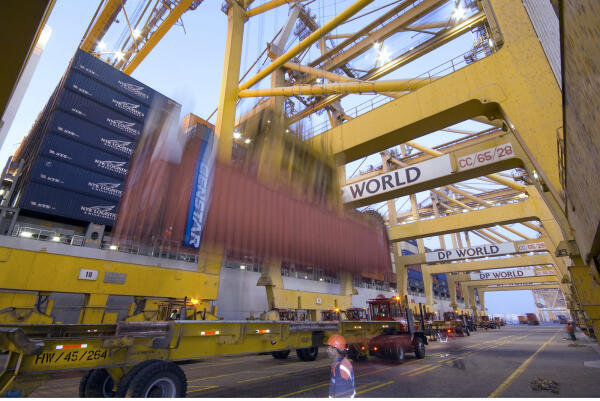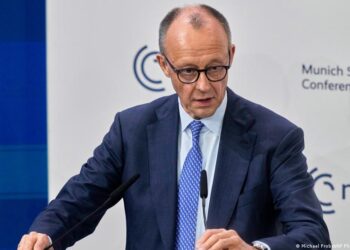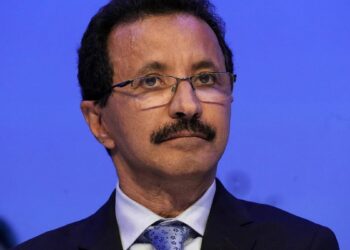According to the World Trade Organisation (WTO), the UAE’s trade in goods and services reached a total of $1.258 trillion (Dh4.61 trillion) last year, nearly matching the level of the year before, with the services sector driving the growth.
Merchandise exports fell 5% to $488 billion in 2017, placing the country 14th in the world. In the meantime, imports increased 7% to $449 billion, making the nation the 16th largest importer globally. Exports and imports from the UAE made up 2.1% and 1.9% of the world market, respectively.
Most economies saw a decrease in the import of goods, partly because of the declining costs of commodities like natural gas and oil, which fell by an average of 63% in 2023. Except for a few significant energy exporters like the UAE (up 7%), Russia (10%), and Saudi Arabia (up 11%), all major economies saw a decline, according to the14 UAE Athletes Will Participate in the 2024 Summer Olympics in Paris WTO’s annual report.
The increase in the services sector more than made up for the decline in merchandise trade. The nation’s transition to a services-based economy has been the focus of the government’s intense efforts. The United Arab Emirates (UAE) has endeavored to draw in the most skilled individuals from across the globe by providing long-term residency permits, such as the Golden and Silver Visas, to various professionals, scientists, and exceptional students to accomplish this goal.
Also Read:
An Indian Developer Plans to Invest Dhs2 Billion in the Dubai Market.
Olympic Competition in Paris in 2024 will Feature 14 UAE Athletes.































































